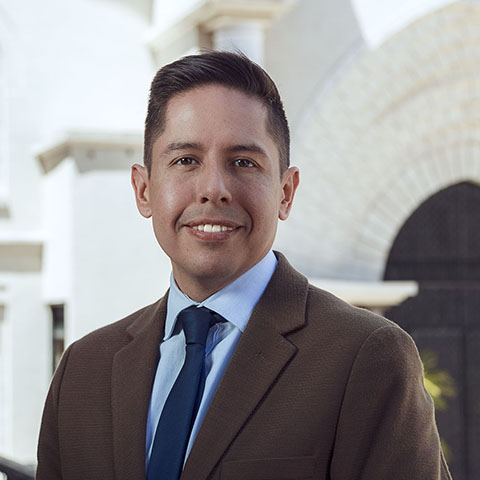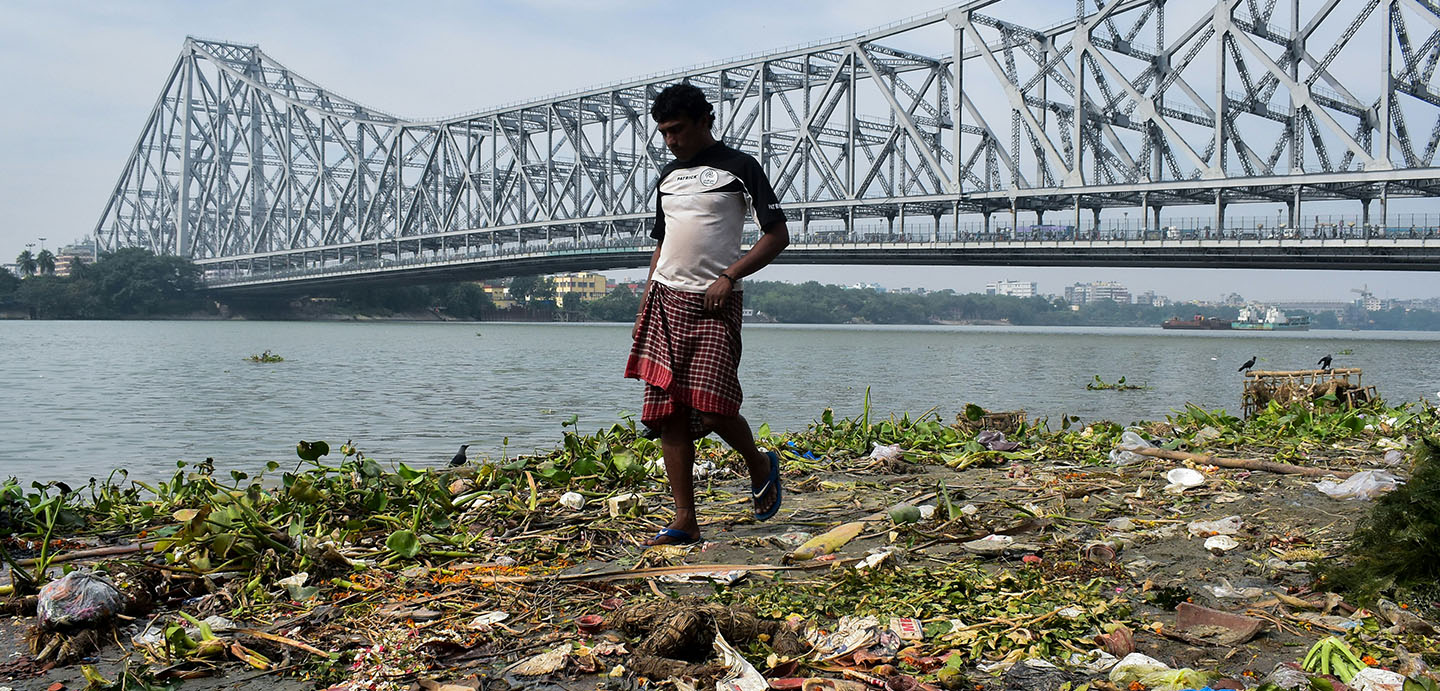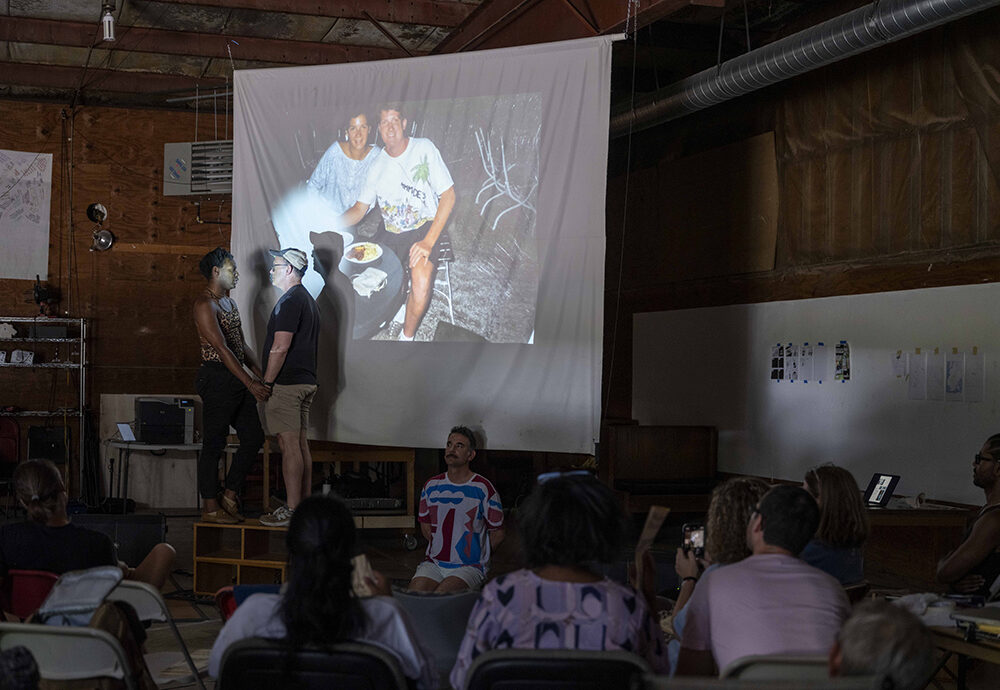Lecture
Location
Abby and Howard Milstein Auditorium
Milstein Hall
Contact
Department of City and Regional Planning
(607) 255-4613
Recording
Abstract
Since the colonial period, it was mandatory for cities to be founded near a river, and it was mandatory for their central square to have a quality water fountain. However, with the passage of time, urban planning led to buildings being moved away from water bodies due to their high level of pollution. Rivers and streams were used as garbage dumps, but in the 21st century, civil society is demanding the recovery of these spaces to exercise its right to the city and for the intrinsic and ecosystemic value of rivers. And the courts, through their decisions, are trying to generate alternatives for sustainable urban models.
Biography

Andrés Martínez Moscoso
Andrés Martínez Moscoso, with a Ph.D. in Politics and Constitutional Studies from the University of Alicante (Spain), serves as a full-time professor and director of the Institute of Legal Research at the College of Jurisprudence of Universidad San Francisco de Quito. With dozens of publications in indexed journals, Andrés is recognized nationally and internationally for his expertise in water management and environmental law.
In addition to his academic work, Martínez Moscoso serves as the Executive Secretary of ICON•S International Society of Public Law and is a member of the World Commission on Environmental Law (WCEL) of the International Union for Conservation of Nature.



